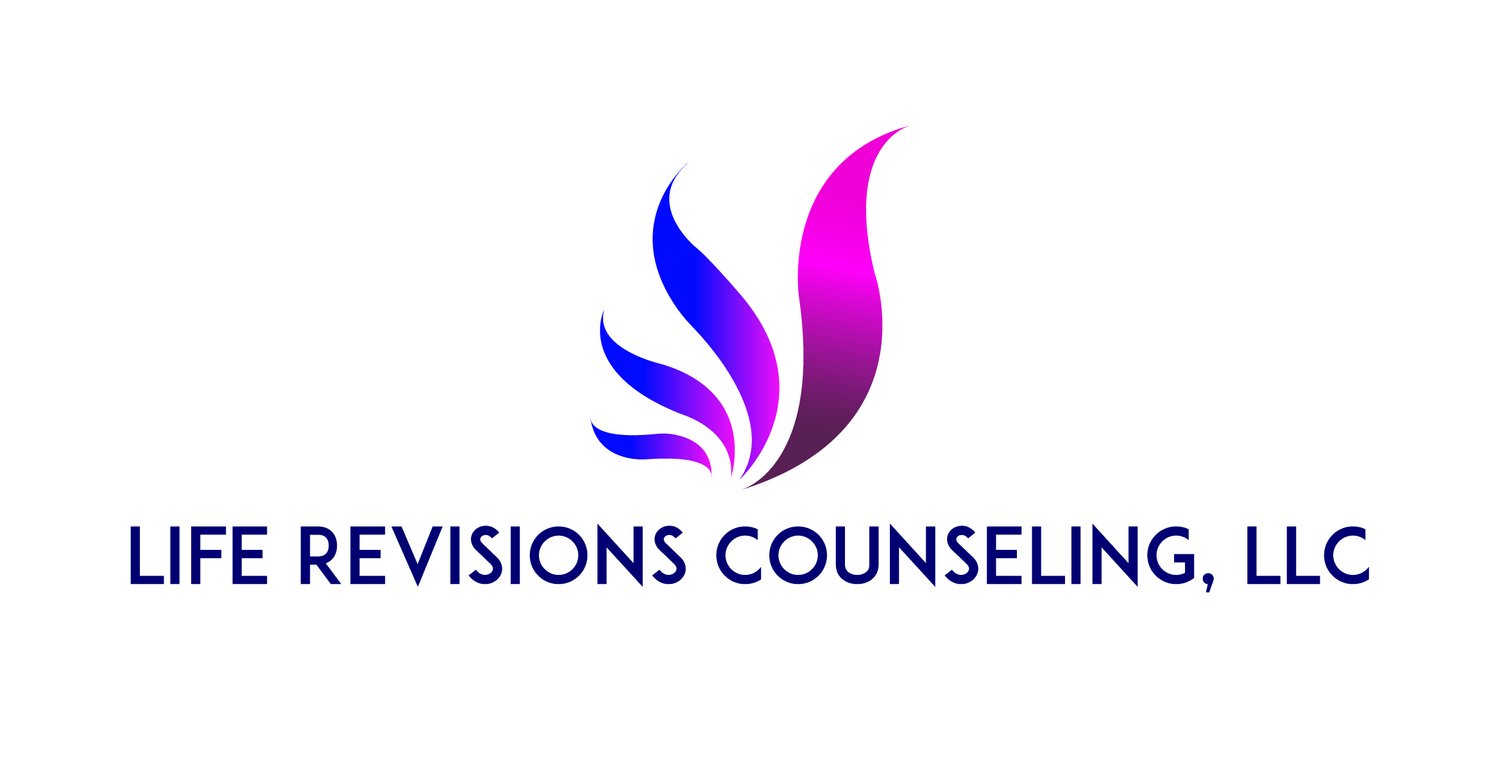Bridging the Gap: How Therapy Can Help Immigrant Parents Connect with Their First-Generation Kids
Raising first-generation children as immigrant parents presents unique challenges that can strain family relationships. Cultural differences, generational gaps, and conflicting expectations often create barriers to understanding and connection. In this blog post, we will explore the struggles faced by immigrant parents in engaging with their first-generation kids and highlight how therapy can provide a supportive space for bridging those gaps and fostering stronger connections.
Understanding the Immigrant Parent-First-Generation Kid Dynamic: Immigrant parents and their first-generation children often experience the clash of cultural values and expectations. The interplay between traditions from the parents' home country and the influence of the broader culture can lead to misunderstandings and conflicts. Generational gaps further complicate the dynamics within the family, making it crucial to address these challenges.
The Challenges Faced by Immigrant Parents: Immigrant parents must navigate the delicate balance between preserving their cultural heritage and enabling their children to embrace their identity as first-generation individuals. The pressure to maintain traditions while supporting their children's integration into a new country can create tension and feelings of isolation. Immigrant parents often lack the necessary support networks to help them through these challenges.
The Perspectives of First-Generation Kids: Growing up as first-generation children, these individuals face their own set of challenges. They must navigate their dual cultural identity, reconcile the expectations of their parents with those of society, and find their place in the world. This can lead to conflicts between their parents' values and their desire for autonomy and self-expression.
The Role of Therapy in Facilitating Connection: Therapy offers a safe and supportive space for immigrant parents and their first-generation children to explore their differences and work towards building stronger connections. Therapists provide a neutral and empathetic environment where both parties can gain insight into their cultural dynamics and develop effective communication and conflict resolution skills. Therapy can foster understanding, acceptance, and connection within the family.
Culturally Sensitive Therapy Approaches: To best serve immigrant families, therapists should be culturally sensitive and knowledgeable about the unique experiences and values of these individuals. Drawing from their multicultural background or expertise, therapists can tailor interventions to honor the traditions and narratives of immigrant families. By integrating cultural practices and family systems into therapy, therapists can create a more meaningful and effective therapeutic experience.
Nurturing Stronger Parent-Child Relationships: Beyond therapy, immigrant parents and first-generation children can take practical steps to enhance their relationship. Open and compassionate communication, active listening, and mutual respect are key components. It is important to celebrate cultural heritage while also embracing the evolving identities and aspirations of first-generation children. This ongoing effort can nurture stronger bonds and pave the way for a more harmonious and fulfilling family dynamic.
Therapy provides a transformative opportunity for immigrant parents and their first-generation children to bridge the gap and cultivate understanding and connection. By addressing the unique challenges they face, therapy empowers families to navigate cultural differences, celebrate their identities, and build lasting relationships. If you are an immigrant parent or a first-generation child seeking support and guidance, our therapy services are here to help you thrive in a multicultural world. Together, we can create a path towards stronger family connections and a brighter future.
Schedule your appointment today by contacting intake@liferevisions.com

